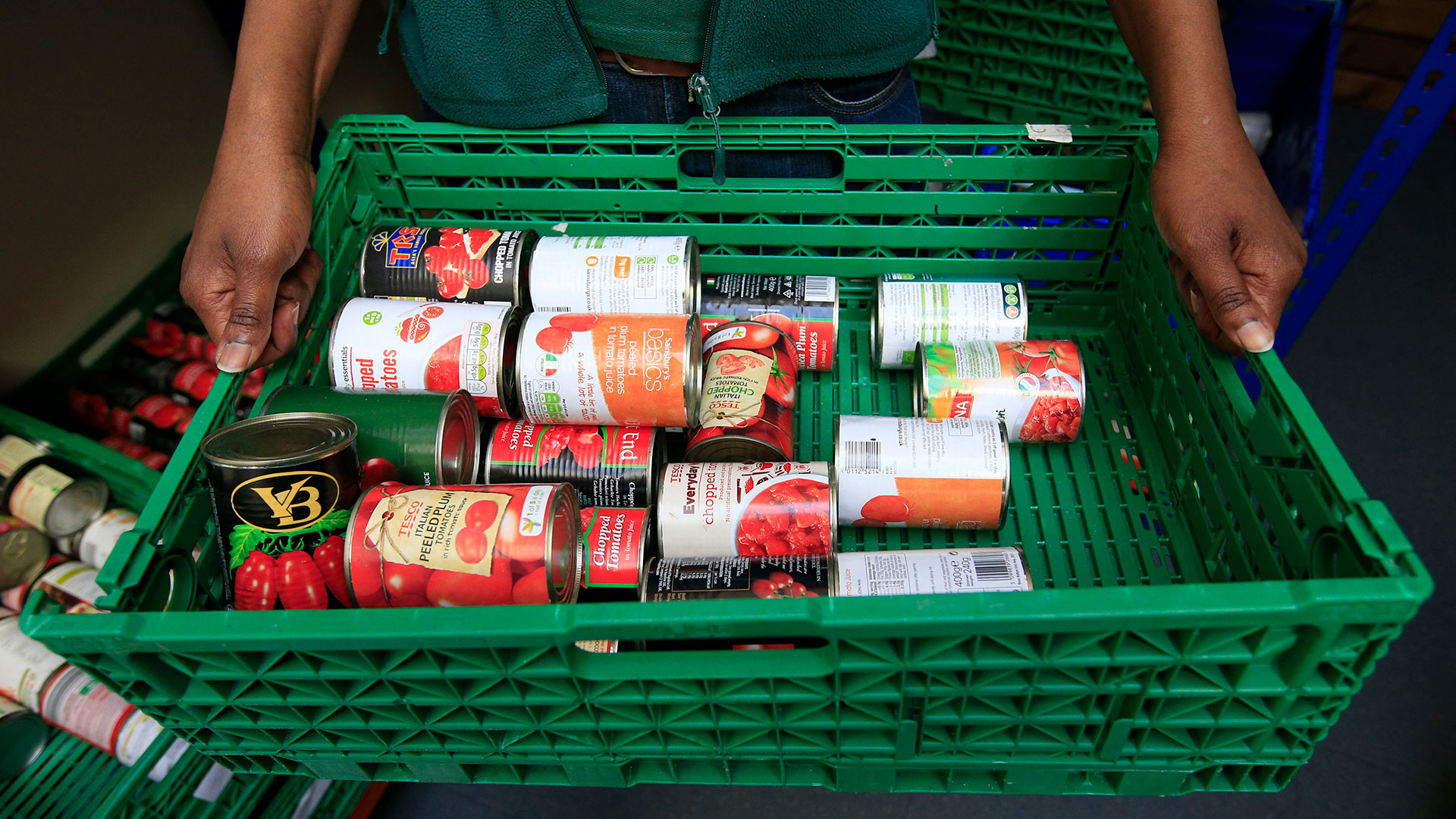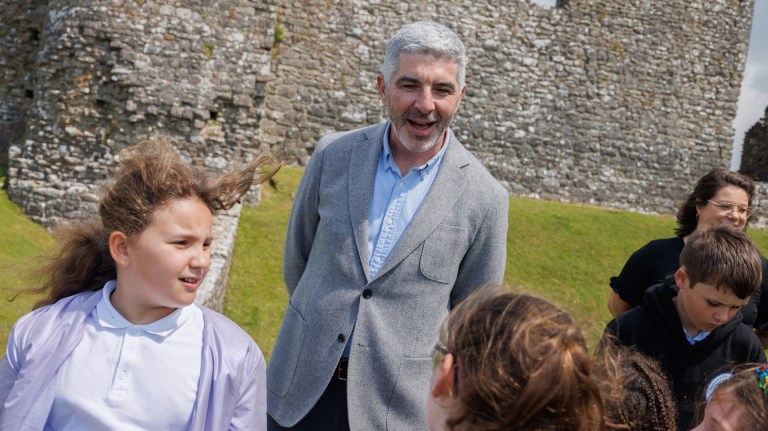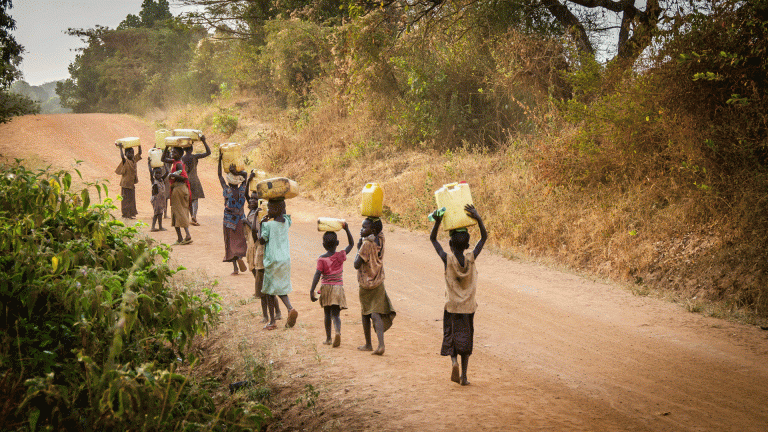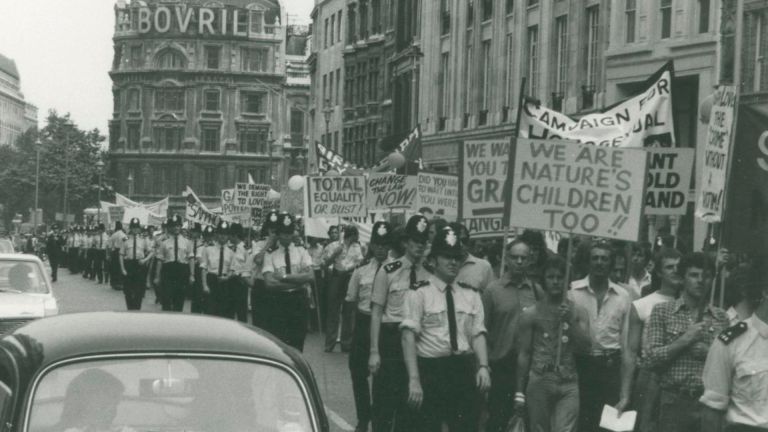Henry Dimbleby’s National Food Strategy recommendations to extend access to free school meals, increase holiday provision and increase the healthy start voucher programme will be hugely valuable to children. But with the best will in the world, they won’t end child food poverty.
It’s unavoidable that to end child food poverty, we need to address poverty first and foremost. The campaign’s calls will certainly involve significant and welcome steps to alleviate food shortages for children, but these measures will not stop hunger from happening in the first place.
As the campaign edges closer to achieving results, there’s a danger we’re reaching the point of no return. If food-based interventions are viewed as solutions to child food poverty is there a possibility that poverty could be accepted as inevitable?
The public’s attention has been drawn to a long-term problem, but the million-dollar question for food bank exit strategists is this: how do we harness this collective energy towards tackling the drivers of child food poverty head on? Long-term solutions do not involve food. AsChild Poverty Action Group’s Louisa McGeehan put it in a BBC Radio interview this week: “There’s not a shortage of food, there is a shortage of money to buy it.”
Conservative MPs have defended their position by saying that schemes involving schools supporting children during the holidays represent an unsustainable sticking plaster on the problem of hunger. But if the Government believes that schools should not support children in the holiday then, surely, volunteer-run food banks or other charities shouldn’t be expected to do so either?
Advertising helps fund Big Issue’s mission to end poverty
The Government has continued to assert that the social security system and local authority funding are available for families in need. Yet independent andTrussell Trust food banks have reported unprecedented need for emergency food parcels during the pandemic while the current social security system, the notorious £63 million local authority funding and free school meals have been in place.
If the social security system is to be relied on it must be fit for purpose. Together with theJoseph Rowntree Foundation and a multitude of other organisations, IFAN is calling for the Government to, at the very least,Keep the Lifeline ensuring the £20 uplift to Universal Credit becomes permanent and is extended to legacy benefits. IFAN would also like to see an end to the 5-week wait for Universal Credit, the removal of the benefit cap and the two-child limit as well as the elimination of the sanctions system and No Recourse to Public Funds status. Child Benefit should also be increased for all children.
Any local authority funding in England to people “unable to afford food and other essentials” must be truly accessible through direct grants. And like the Trussell Trust, we’re calling for critical funding to English local authorities for local welfare assistance schemes to be extended permanently.
And we’re asking the Government to place a ban on zero-hour contracts and ensure a Real Living Wage is paid to all workers. As reported by the Child Poverty Action Group, 72 per cent of children growing up in poverty live in a household where at least one parent works.
As Ian Byrne MP put it in his Westminster Hall debate on the Right to Food last week: “we must stop tinkering around the edges of food insecurity”. With the nation’s eyes cast firmly on child food poverty, let’s not miss this opportunity to focus on the measures which will address child poverty for good.
IFAN’s joint report with Feeding Britain found that some food banks have seen a rise in demand of up to 700 per cent during the Covid-19 crisis. You can read the study here.
Advertising helps fund Big Issue’s mission to end poverty









